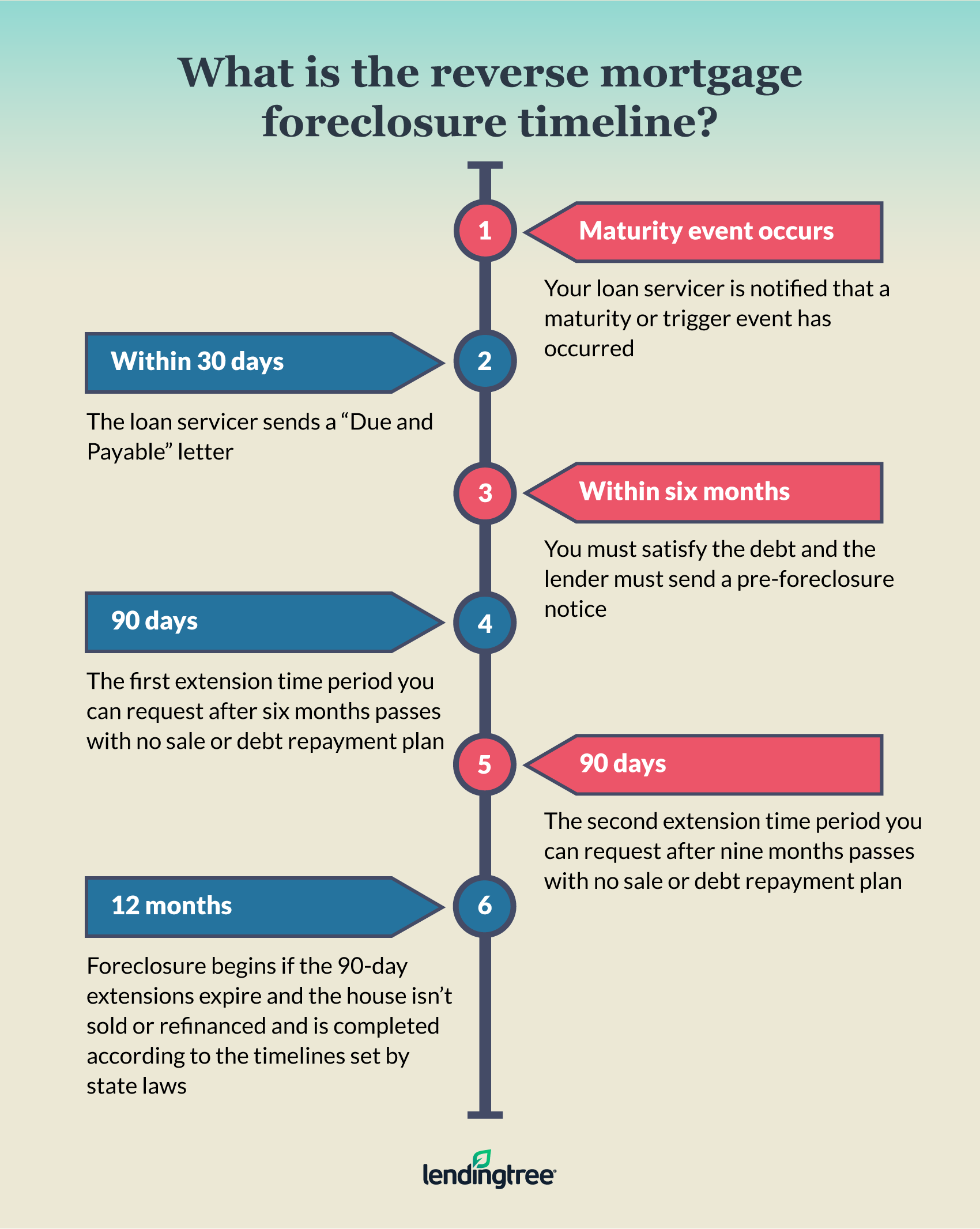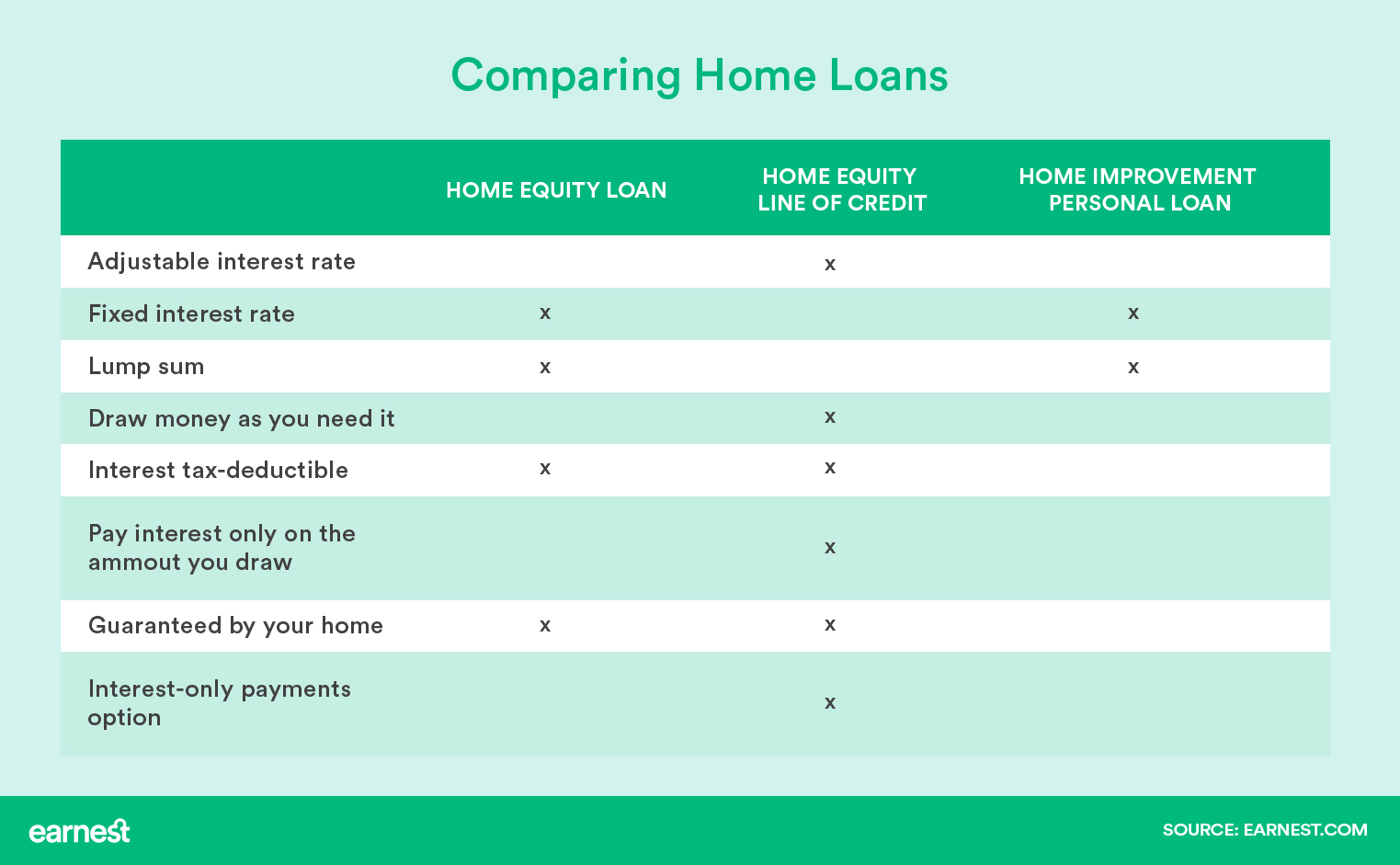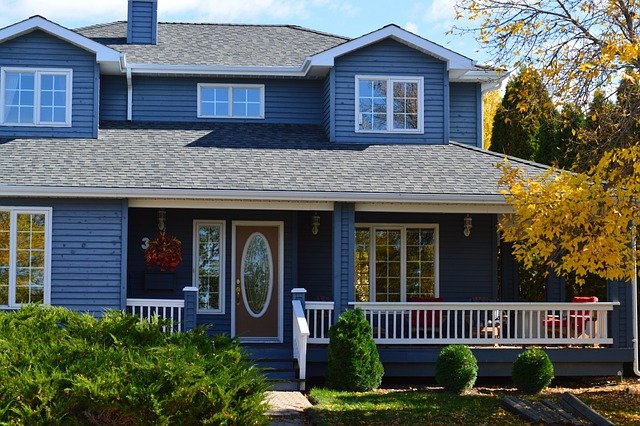
A mortgage refers to a loan given by a financial institution for a person or company. The lender expects that the borrower will repay the loan with interest. A letter of credit is a document that allows a person to borrow from the bank up to a set amount. A lien can be placed on the property's title, making it more difficult to get rid of. An adjustable rate mortgage can have a life cap, which means that the rate of interest can only go up to a certain amount for a certain period of time.
Amortization period
A mortgage is a loan you have to repay over a specific time. This is known as the amortization term. The amortization term is often represented as a table that displays the monthly principal and interest payments. The total loan amount is also displayed on the amortization plan. Generally, payments made early on in the term are mostly interest, while payments made later are primarily principal.

The amortization term of a mortgage is one the most important factors in a mortgage contract. First-time home buyers may prefer a longer amortization period as it will enable them to pay down their loans more quickly. You should however consider buying a property in a lower range if you desire a shorter amortization.
Interest rate
The interest rate on a mortgage is the amount that the lender charges you for borrowing a loan. This is calculated as a percentage of the principle amount and is calculated annually. This rate will change depending on the terms. It will be lower than for low-risk borrowers. It will also be higher for high-risk applicants. A term that some borrowers may encounter is the annual percent yield, also known as APY. This is the interest charged by a bank to borrowers on top o the principal amount.
While mortgage rates tend increase over time and may rise, the rate you pay now could be lower in the future. Lenders don't keep mortgages for very long. Fannie Mae and Freddie Mac eventually sell them, and mortgage-backed securities are created from these mortgages. These mortgages are then offered to investors. They earn more than government bills.
Ratio loan to value
The loan-to-value (LTV), is an important consideration when shopping for a mortgage. Ideally, your LTV should not exceed 80%. Higher borrowing costs, and possibly denial of loan approvals, could be caused by a higher LTV. To avoid future problems, it's a good idea not to exceed 80%.

You can reduce your LTV by increasing the down payment. A lower sales price is also possible to negotiate with your lender. Your interest rates will go down the lower you loan-to-value ratio.
FAQ
Should I use a mortgage broker?
If you are looking for a competitive rate, consider using a mortgage broker. Brokers work with multiple lenders and negotiate deals on your behalf. However, some brokers take a commission from the lenders. Before you sign up, be sure to review all fees associated.
How can I fix my roof
Roofs can burst due to weather, age, wear and neglect. Minor repairs and replacements can be done by roofing contractors. Contact us for further information.
What are the pros and cons of a fixed-rate loan?
Fixed-rate mortgages guarantee that the interest rate will remain the same for the duration of the loan. You won't need to worry about rising interest rates. Fixed-rate loan payments have lower interest rates because they are fixed for a certain term.
How can I calculate my interest rate
Market conditions impact the rates of interest. In the last week, the average interest rate was 4.39%. To calculate your interest rate, multiply the number of years you will be financing by the interest rate. Example: You finance $200,000 in 20 years, at 5% per month, and your interest rate is 0.05 x 20.1%. This equals ten bases points.
How long will it take to sell my house
It all depends upon many factors. These include the condition of the home, whether there are any similar homes on the market, the general demand for homes in the area, and the conditions of the local housing markets. It may take 7 days to 90 or more depending on these factors.
Statistics
- The FHA sets its desirable debt-to-income ratio at 43%. (fortunebuilders.com)
- Some experts hypothesize that rates will hit five percent by the second half of 2018, but there has been no official confirmation one way or the other. (fortunebuilders.com)
- This seems to be a more popular trend as the U.S. Census Bureau reports the homeownership rate was around 65% last year. (fortunebuilders.com)
- Based on your credit scores and other financial details, your lender offers you a 3.5% interest rate on loan. (investopedia.com)
- This means that all of your housing-related expenses each month do not exceed 43% of your monthly income. (fortunebuilders.com)
External Links
How To
How to Find an Apartment
When you move to a city, finding an apartment is the first thing that you should do. This requires planning and research. It involves research and planning, as well as researching neighborhoods and reading reviews. This can be done in many ways, but some are more straightforward than others. Before renting an apartment, it is important to consider the following.
-
You can gather data offline as well as online to research your neighborhood. Websites such as Yelp. Zillow. Trulia.com and Realtor.com are some examples of online resources. Offline sources include local newspapers, real estate agents, landlords, friends, neighbors, and social media.
-
Read reviews of the area you want to live in. Yelp. TripAdvisor. Amazon.com all have detailed reviews on houses and apartments. You can also find local newspapers and visit your local library.
-
Make phone calls to get additional information about the area and talk to people who have lived there. Ask them about their experiences with the area. Ask them if they have any recommendations on good places to live.
-
You should consider the rent costs in the area you are interested. If you think you'll spend most of your money on food, consider renting somewhere cheaper. If you are looking to spend a lot on entertainment, then consider moving to a more expensive area.
-
Find out information about the apartment block you would like to move into. It's size, for example. What price is it? Is it pet friendly What amenities are there? Are there parking restrictions? Are there any rules for tenants?